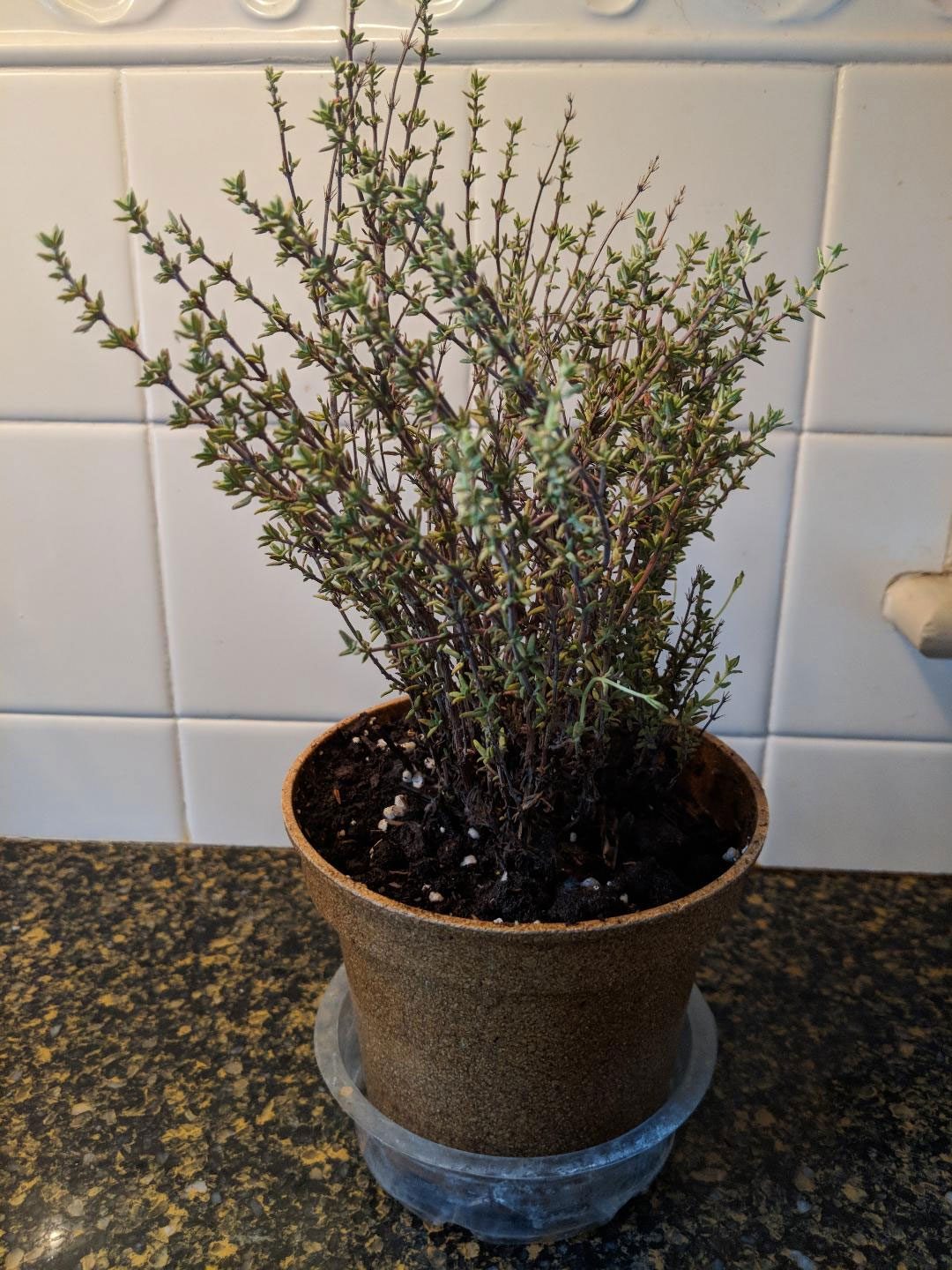Because of that, they are shedding more skin, and since dust is composed partly of dead skin. Studies show that using central heat during the winter can lower a home or building’s relative humidity levels to 30% or below, which subsequently can lead to an itchy throat, nose bleeds, dry skin, excessive thirst, and other problems.

Do Attic Fans Work? An Honest Analysis [+Pros and Cons]
Another evident indicator of excess humidity indoors is being unable to sleep well at night.

Why is my house so humid in winter. The problem is it's very humid, to the point that mold formed at several spots. When the winter months arrive, you might notice seasonal changes in your home such as condensation forming on the windows. Your ac isn’t running often.
Polly eltes by turning on the heating and closing doors and windows during winter, we significantly reduce air circulation, causing moisture generated inside to become trapped indoors. Why is my house so humid all of a sudden? Compare the thermostat setting inside your home to the temperature outside.
Sometimes there's too much moisture in the home, or not enough ventilation. Why do homes get dusty when it’s cold outside? This occurs when condensation builds up on the inside surface of the windowpane, which can be pretty common during winter.
Its unique window seems old too. If it’s really humid outside, it’s probably going to be extremely humid in your home as well. It's extremely cold in winter (down to 7 degrees celcius).
If you have poor ventilation or no exhaust fans, moisture will get caught in the air, making your home more humid. If your house gets excessively humid during the summer, and dry during the winter and maybe gets very dusty even though it seems tightly sealed up, you probably have faulty ductwork. In summary, your house may feel.
Assuming that you have a forced air furnace, changing your air filter once a month should help. Sometimes there’s too much moisture in the home, or not enough ventilation. Too many warm bodies in a house can contribute to excess moisture through perspiration.
Ductwork is the weak link in a home’s heating and cooling system. Fog or frost on windows, walls, or other surfaces in a home are sure signs that the home has a humidity problem. If you’re wondering why is my house so humid in summer then it will be the fact that the sun is evaporating all the moisture.
One reason your house feels muggy could simply be that you have too many people in your home. My kitchen is an extension of the house. Constantly feeling sticky can make you very irritable.
Thinking why is my house so humid in winter? Why are our homes more humid in the winter? Condensation occurs for a few reasons.
As others have stated, winter also brings more muck and dust. Temp is almost always 64 to 66 degrees f no matter what the season. Sweat can’t evaporate because of the high moisture content in a humid room, so you gain no relief.
Probably it’s the reason why your house still feels humid even with your ptac on most of the time. Climate is probably the most obvious playmaker in the humidity game. If the air inside your home is constantly at the dew point temperature, then condensation is inevitable.
Food inside cupboards has also been affected by the humidity. Both of which seem pretty perfect. There are numerous reasons why homes often get dustier during the winter months.
One of the most obvious signs that it’s too humid inside your house is persistent sweating. It’s just the way the science works. Most of its walls are outside walls.
Keep your air conditioner running continuously, but adjust the setting depending on the temperature outside. The condensation of the warm air from the soil may condense on the pipes and fill your rooms with humidity. When it’s cold outside and the heating system in your home warms up that air, the indoor humidity level drops.
Here are the three main three reasons your home is so humid 1. High humidity (yes, in winter) equals high costs back to video. Well, that could be your heating system trapping all the moisture in your home.
Your ac system uses less energy when it’s running for longer periods than when it frequently cycles on and off. Why does it get so dry in the winter? When it’s cold outside, people naturally use their heating system more often, and this can cause people’s skin to dry out more than normal.
Unlike other areas of the country, the pacific northwest tends to become more humid during the winter due to our famously wet weather. Another common solution is to purchase a good dehumidifier. Also to know, what causes high humidity in a house in winter?
Condensation occurs for a few reasons. Or, a humidifier might be set too high. The ideal relative humidity level for a home is between 30 and 40 percent.
A dehumidifier will wring out any moisture that is in your home and also provides you with better air quality for a more comfortable home. The humidity in winter is almost always 45%, and in the summer it gets up to about 55%. In winter, the furnace is blowing air much more often than at other times.
The main reason for humidity is the climate you live in. So, i want allison to do all of the work researching this issue, lol. Why is my house so humid with the ac on?
And often it gets a lot.

Propagating Thyme Afoodieaffair

Frozen Fiefdom AFFIDAVIT OF ANNA KATHRYN SANDERS, Former










